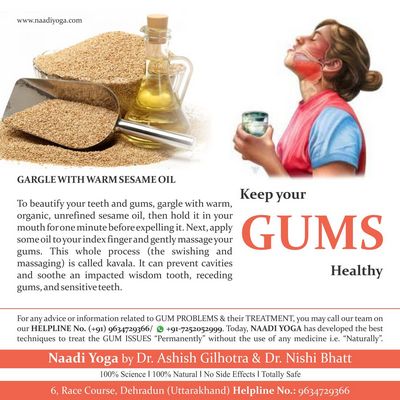Periodontal gum disease is a type of gum disease that affects the gums and teeth.

Periodontal disease can occur in one or both of your teeth. If you have gum disease in one or more teeth, you should see a periodontist to get treatment.
Gum disease occurs when plaque forms on the teeth. Plaque is made up of food and bacteria that build up on the teeth. A periodontist or a qualified periodontist treats gum disease, preventing the gingivitis at its origin and repairing the damage in your gums and teeth. Sometimes, the treatment of gum disease can cause complications.
Gingivitis is inflammation of the gums due to bacteria. There are two types of gingivitis: primary and secondary gingivitis. Primary gingivitis does not respond well to conventional treatment. The root causes of the problem are gum inflammation, bacteria, and food debris. Secondary gingivitis is also inflammation of the gums, but the problem originates from another underlying condition.
A periodontist will use different treatments depending on the type of gum disease. You might need surgery if your periodontal disease is complicated or advanced. Surgery might be required if your condition is severe.
Regular brushing and flossing with an appropriate toothbrush and toothpaste will help to improve oral hygiene, and prevent bacteria from spreading. Regularly flossing after eating and drinking is important to prevent plaque from forming on the teeth.
Gum infections are treated by using a topical antibiotic. However, antibiotics are not the only solution. A periodontist can recommend surgery or other forms of treatment if your condition is more advanced.
Periodontists can provide valuable advice about your health. By learning more about the causes and prevention of gum disease, you can keep your gums healthy and free from infection.
As mentioned earlier, it is important for you to make an appointment with your periodontist. If you don’t want to pay for dental care yourself, you can contact a periodontist in your area and learn more about the condition.
A gum infection is usually easy to detect since there are usually red sores in the mouth. Sometimes, if a gum infection is serious, your gums may bleed and cause severe pain. You will probably notice that your gums are sore, sensitive to hot or cold temperatures and tender.
You should begin to see changes in your oral hygiene as soon as possible. If your periodontist recommends surgery to treat your condition, start with a good oral hygiene program. Use good toothpaste and brush regularly.
Make sure that you floss regularly and clean your mouth at least twice daily. It is important to brush the tongue as well as the inside of the cheeks and gums. with the same pressure.
Periodontists often treat gum infections with a topical antibiotic. A topical antibiotic might be used on the surface of the teeth. But this is not the only option to treat gum infections.
If you do not get rid of the gum infections on your own, you can opt for a procedure called ‘dental bridges’. These structures are used to replace the damaged gum tissue. The gums are tied together with stitches to create a temporary bridge to relieve the pain and discomfort associated with a gum infection.
Ask your periodontist about all the options available to you. Don’t hesitate to speak to your periodontist about any questions that you have about gum infection.
When a periodontist tells you to use antibiotics, you should carefully read the label and make sure that you understand the ingredients. Your periodontist will also help you decide what you need to do to prevent a recurrence of gum disease.
There are many other things you can do to prevent a gum infection. Avoid chewing hard foods, which may cause inflammation and promote gum inflammation. Avoid smoking and drinking alcohol.
Don’t let gum infections happen to you. Preventative measures are important to stop the problem from recurring. And, if you do experience gum disease, see your periodontist right away. before it’s too late.